SHILLONG, NOV 1: The Government of Meghalaya has taken a significant stride in harnessing the region’s flourishing floriculture industry by hosting a two-day “Stakeholder consultation workshop on Unlocking opportunities in Meghalaya” with a focus on floriculture. The event was held at the Courtyard by Marriott, on November 1st aimed at fostering comprehensive dialogue and idea exchange within the sector.
The workshop was graced by Dr. M. Ampareen Lyngdoh, Hon’ble Minister of Agriculture and Farmers’ Welfare as the Chief Guest, Smt. Isawanda Laloo IAS, Secretary of the Department of Agriculture and Farmers Welfare, Government of Meghalaya, as the Guest of Honour, Smt. S. Kharsati Director of Agriculture, Smt. D. Sohtun Director of Horticulture, Hub managers from different parts of the state and Scientists, specialist researchers, as well as companies and associations. Thus, the workshop brought together a diverse range of stakeholders to explore and unlock the potential of the flourishing floriculture industry in Meghalaya.
Dr. M. Ampareen Lyngdoh, Minister of the Department ofAgriculture and Farmers Welfare in her speech, stated, “In our pursuit of fostering prosperity and opportunities, the Government of Meghalaya, under our Chief Minister’s guidance, has launched 14 Horti-hubs to promote floriculture and create employment beyond the public sector. We’re witnessing promising initiatives by farmer producer groups in Umsning and recognizing the potential in our rich biodiversity. Initiatives like the Floriculture Development Scheme and the Prime Scheme bolster commercial floriculture and market-driven enterprises, benefiting both men and women. We’re actively seeking funding and exploring the synergy between tourism and floriculture, shaping a brighter future for Meghalaya”.
The Minister was confident of the motivation that these workshops give to the farmers to ensure that their products meet national and international standards and emphasized that floriculture is an inclusive field where both genders can thrive.
Smt. Isawanda Laloo, IAS, Secretary, Department of Agriculture and Farmers Welfare, stated the significance of the workshops and added, “When we look at the data in the country, we find that India contributes to only 0.6% of the global floriculture market which is which is a miniscule number and India and the state of Meghalaya has, therefore an immense potential to contribute to increasing the supply of flowers not only regionally, nationally, but also to the international market. The Horticulture Department owns and manages up to 14 horti hubs. They are distributed to each of the Khasi Jaintia region. These horti hubs also facility the flower growers and the service providers in collecting, trading, and packaging, and finally to send off the flowers to the respective market destination.”
The workshop commenced with a presentation on the current state of floriculture in Meghalaya by the Department of Agriculture & Farmers’ Welfare, setting the stage for the day’s discussions. Brainstorming sessions addressed various facets of floriculture, from production techniques to market potential. Participants from across the country attended the programme, entrepreneurs, experts, florists actively shared their insights and expertise, identifying critical areas for growth.
Interactive sessions involving Hub Managers, Lead Farmers, and Florists offered practical experiences, challenges, and innovative solutions within the floriculture sector. The workshop concluded by outlining a strategic roadmap for unlocking the potential of Meghalaya’s floriculture industry, incorporating ideas and discussions.
The timing for the initiative was propitious, as the floriculture sector in Meghalaya is witnessing a surge in commercial potential, driven by the availability of improved planting materials, technical inputs, and a growing market demand. Overall, the ‘Unlocking the Potential of the Floriculture Sector in Meghalaya’ workshop marked a significant step toward realizing the region’s ambition of becoming a Northeastern hub for floriculture.

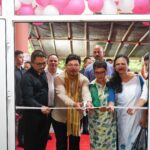
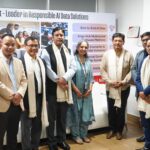
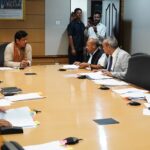
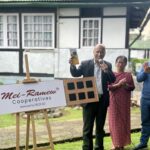




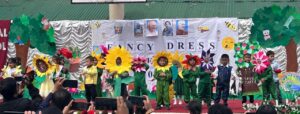
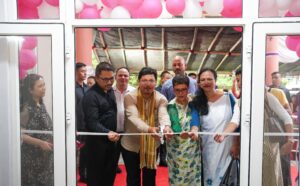
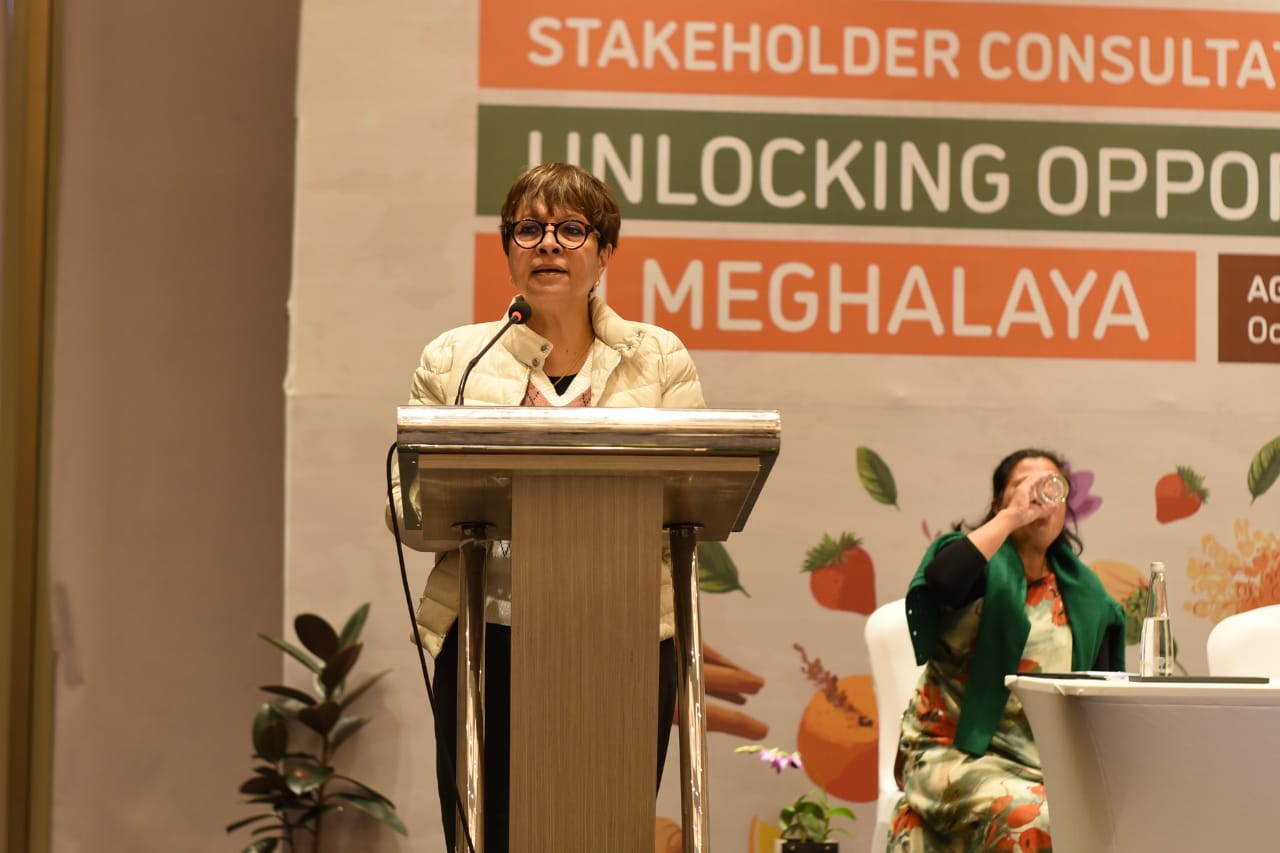
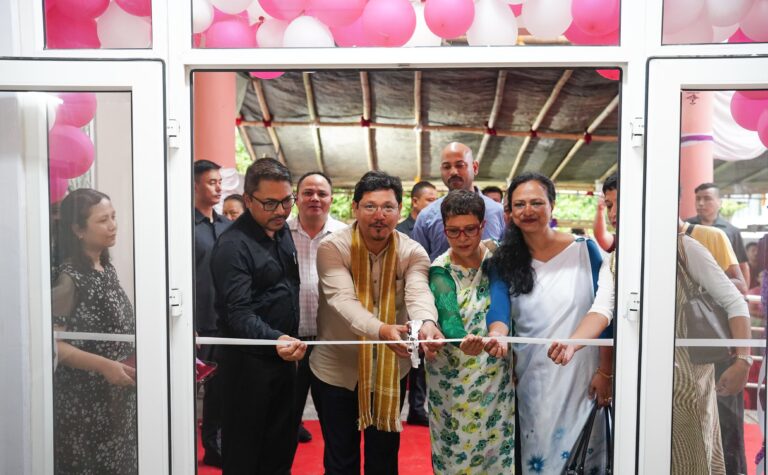
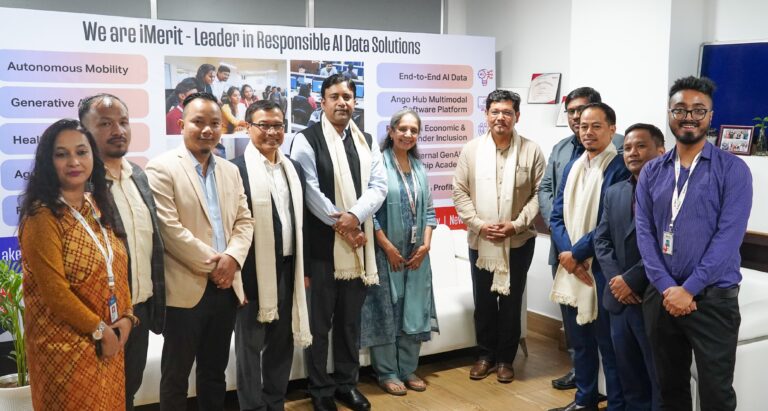
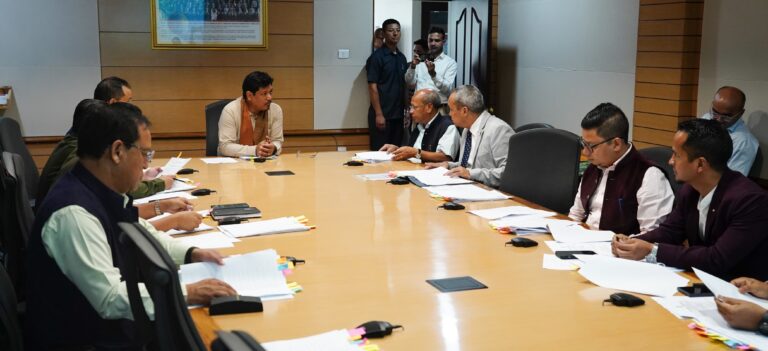
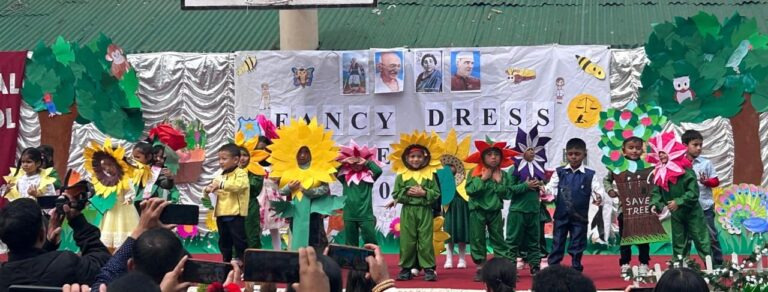
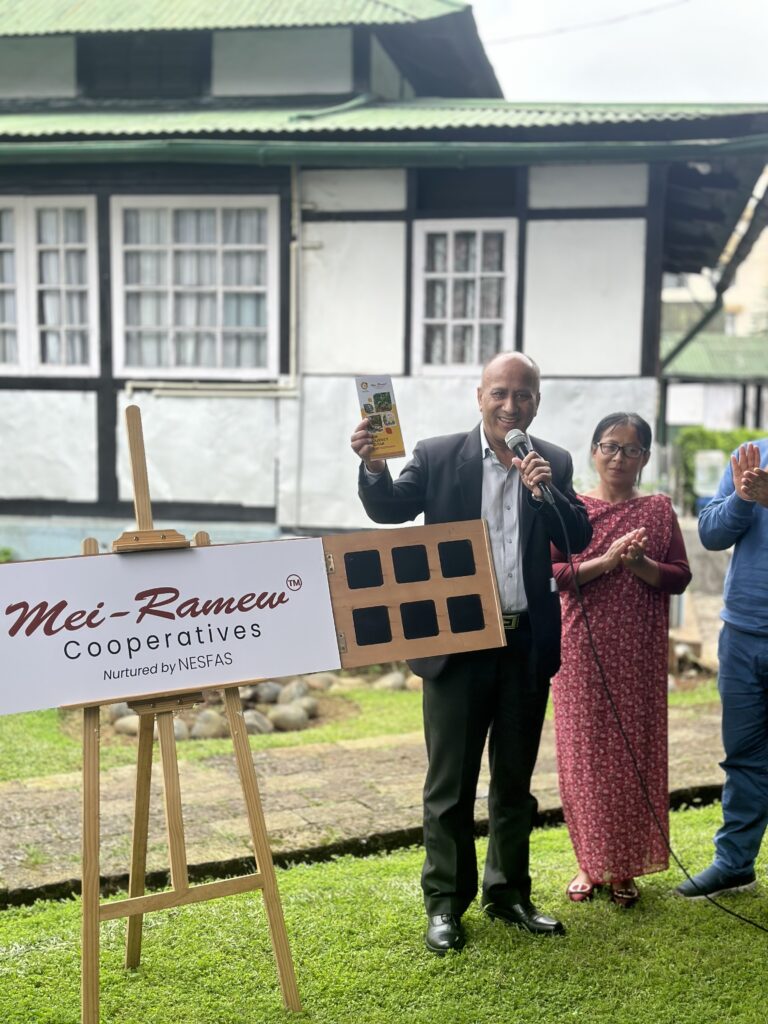
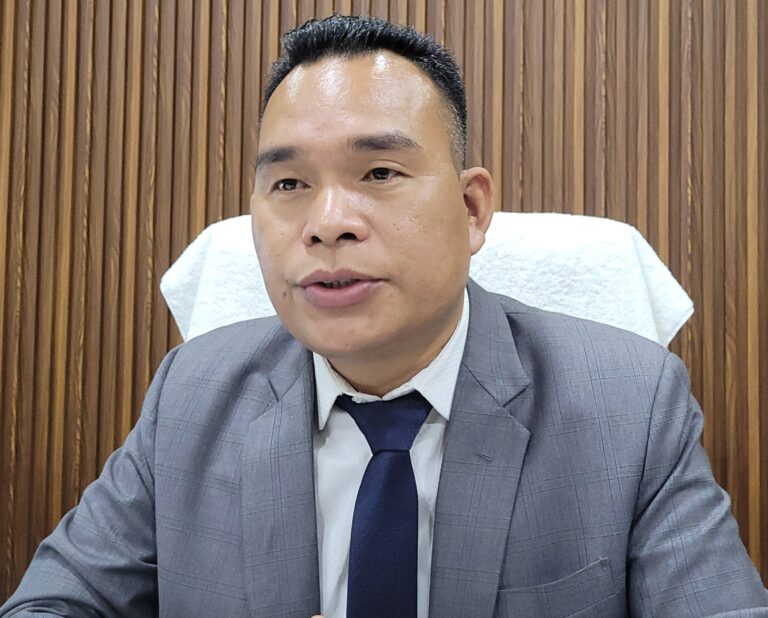
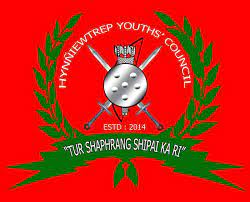


+ There are no comments
Add yours